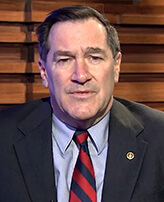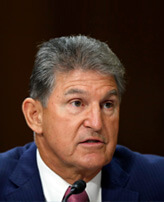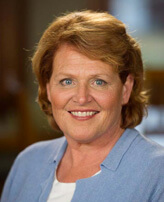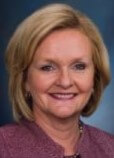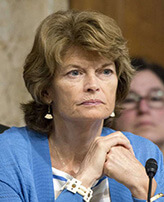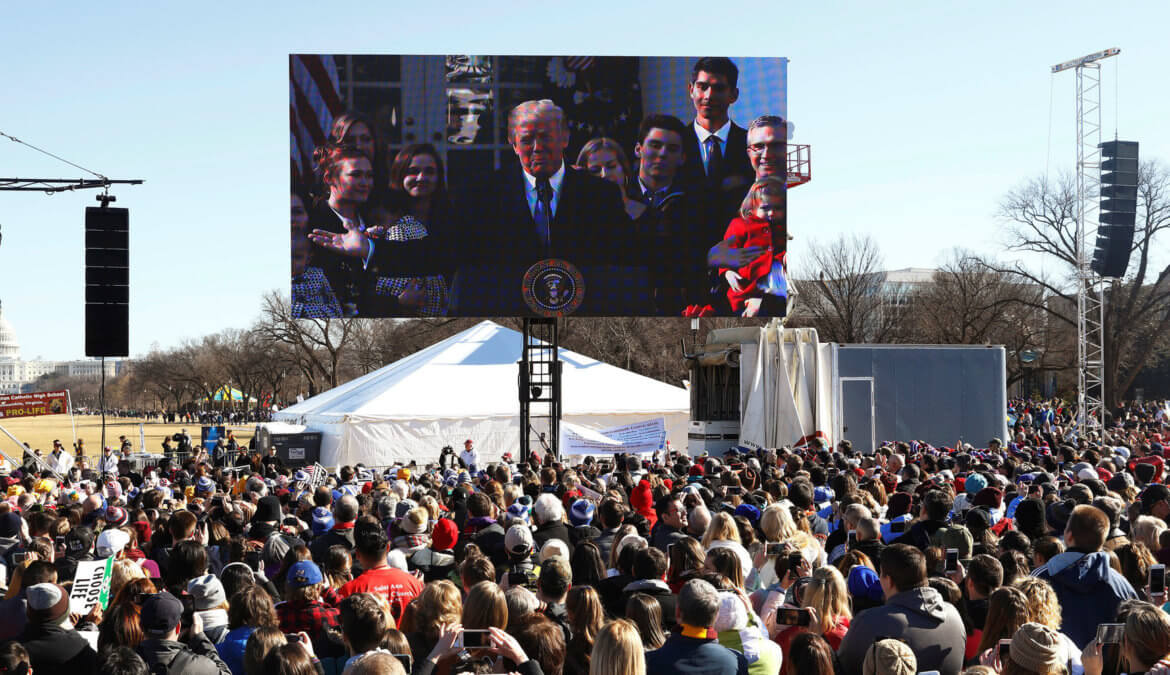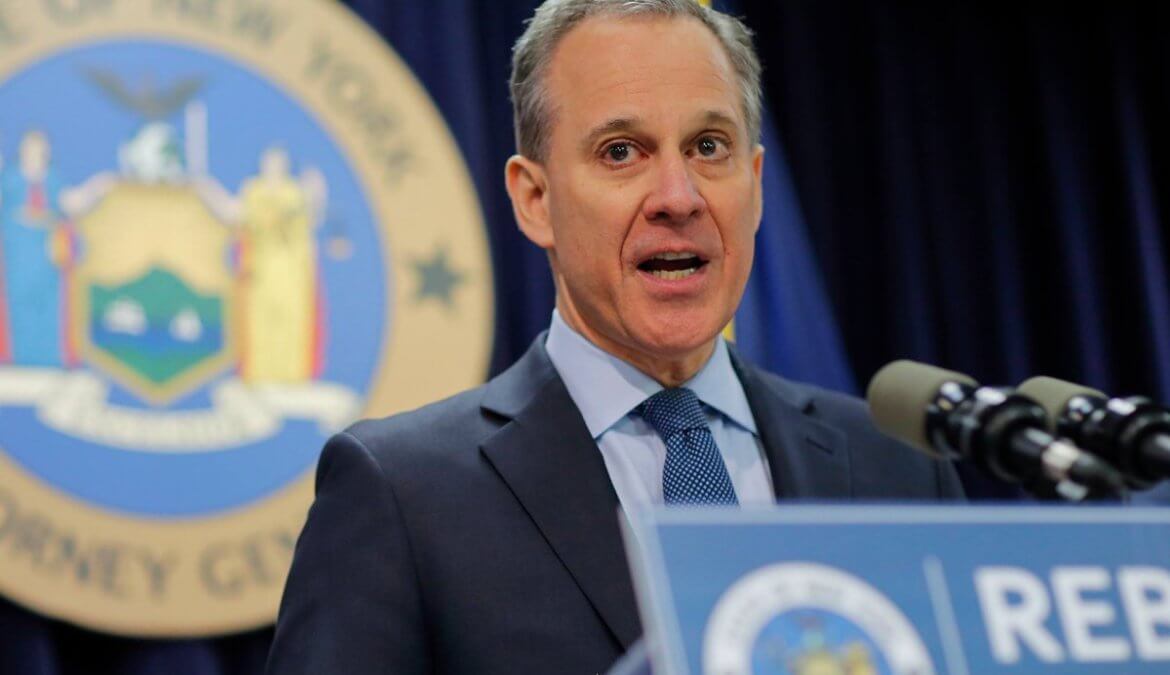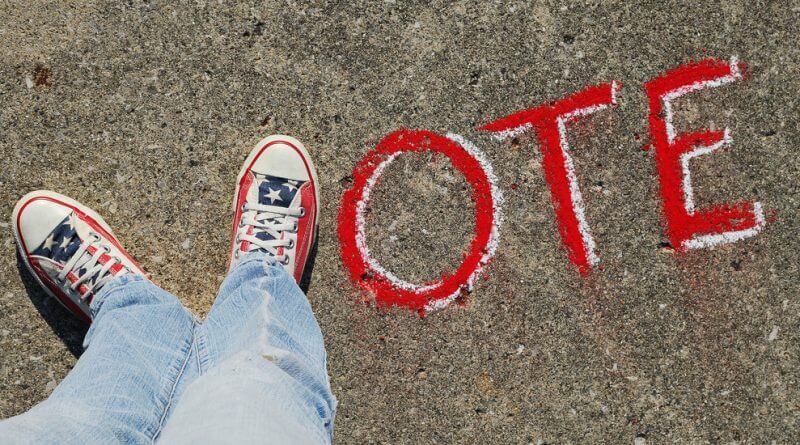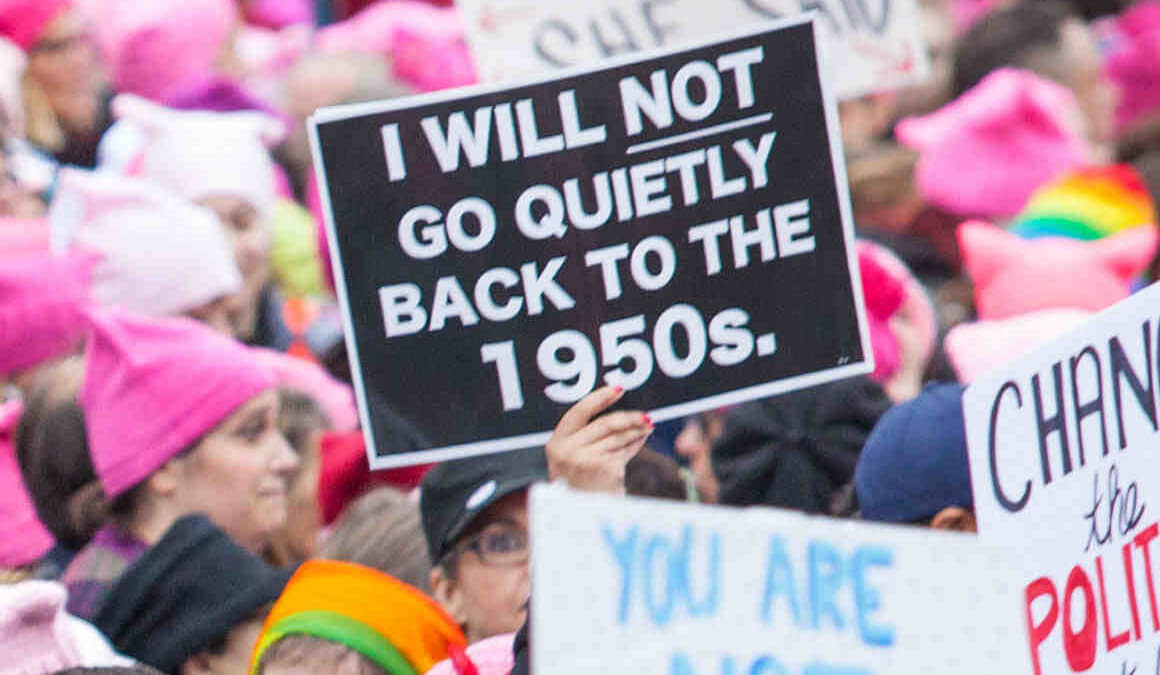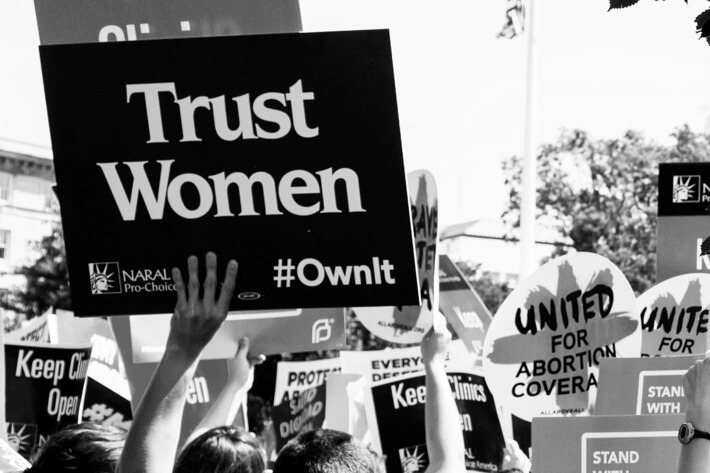We know Judges matters. They decide everything – our constitutional rights, malpractice judgements, divorces, white collar settlements, everything! So why aren’t we paying attention and demanding more control?
If Trump has done nothing else, he has made crystal clear how very important judges are! Trump has already appointed 2 Supreme Court Justices and 150+ right-wing, ultra-conservative, anti-choice judges, many of whom have been rated “unqualified”, who will change the face of our legal system for decades to come.
But it’s not just Trump. Here in Westchester, one could argue that judicial ethics rules are not truly ethical or impartial or even constitutional.
Just this election cycle, the Subcommittee Chair of the Judicial Campaign Ethics Subcommittee, Advisory Committee, told judicial candidates they could not accept WCLA PAC’s endorsement. The reasons provided reference our endorsement policy but do so INCORRECTLY. Judicial candidates do not complete questionnaires nor are they asked to support anything that may require going against any law. The only accurate reference is that a candidate may “neither seek nor accept the Right to Life Party (RTL) nomination” – And that criteria seems justifiable because candidates are permitted to accept the RTL Party line, thereby making their opposition to abortion clear.
One must, therefore, ask, “Was this gross misrepresentation intentional or accidental?” Hmmm. Let’s consider these important facts: the Subcommittee Chair who issued this opinion: 1.) ran for Supreme Court 9th Judicial District in 2011 on the Republican and Conservative lines (the same year the Conservative Party and the Right to Life Party joined forces here in Westchester); 2.) was rated “anti-choice” by us, and 3.) then LOST the election. One can only wonder what this Subcommittee Chair’s motivations may be.
Here in New York State, judicial candidates often fear interviews, claiming that the NYS Ethics rules prohibit them from expressing their views on contentious issues like abortion. The rules they reference are in direct opposition to the 2002 US Supreme Court decision Republican Party of Minnesota vs White. In the 5 – 4 decision, the US Supreme Court ruled that Minnesota’s clause, which “forbade judicial candidates from announcing their views on disputed legal and political issues”, was unconstitutional. Why are NYS judicial candidates still being held to a pre-2002 standard? In all my years here, I’ve met only one judicial candidate willing to challenge that NYS Ethics position and, perhaps, it’s no surprise that he did not get his Party’s nod to run.
On another judicial note: our NYS Chief Justice is seeking to “streamline” the judicial system. Sounds great and in some ways is much needed, but the devil is in the details. The claim is that we don’t have enough justices where we need them. The proposed solution is to get rid of specific categories of judges including County, Court of Claims, Surrogate’s Court and Family Court. Instead, they will all be “Supreme Court” judges and can be moved around where needed.
Sounds good? Not necessarily. For example, take Family Court. Family Court requires a certain type of personality and commitment. The same person hearing white collar crime cases should not be deciding a custody battle. Who will decide which judge serves where and based upon what criteria? Will the decision be based simply on where a judge is needed? Does this mean that judges elected in northern NYS will be sitting on the bench in Westchester? Will we even still be electing judges or will they all be appointed?
The role personal perspective plays in judicial decisions is seismic, in all courts and at all levels. Personal opinions and biases affect how a judge treats those who come before her/ him/they, the sentence imposed, the bail required, and more.
Yes, the present system is flawed and cumbersome but it’s a lot better than appointments and what we are witnessing in Washington DC. We need a better system for electing judges, not simply replacing it.
Every time you vote for judicial candidates, you are voting for someone with a personal history. That is exactly why WCLA – Choice Matters interviews each judicial nominee and if the nominee refuses to be interviewed, we rate accordingly, as we always have. If someone wants to serve in the courts, we are all entitled to know more, as the US Supreme Court ruled in 2002.




